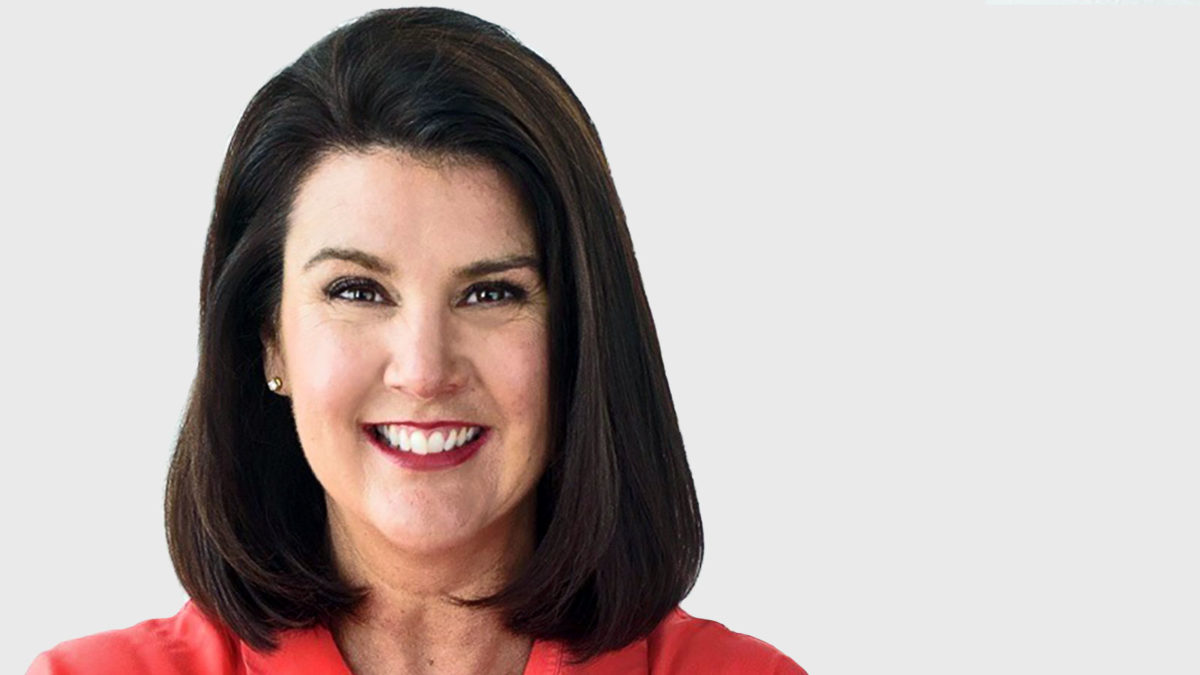Super funds caught between two fires
Super funds are under increasing pressure to do more on ESG but have been warned to keep their noses out of the climate debate.
Super funds need to “close the gap” between commitment and implementation of ESG principles, with only a quarter of funds having a quantifiable performance target in place to ground the implementation of their responsible investment policies, according to the Australian Investment Council’s ‘Private Capital Market Overview’ conducted with global alternatives research house Preqin.
“Pressure is mounting for super funds and other asset managers to pull their weight when it comes to environmental issues and shaping the national dialogue around ESG,” the report says.
“In one survey conducted in the wake of the wildfires, three-quarters of Australians said they would consider moving their banking, super, or other investments to another provider if they found out their current provider was investing in companies engaged in activities not consistent with their values.”
However, the issue of superannuation funds “shaping” the ESG debate has become politically fraught, with Senator Jane Hume, superannuation minister, recently warning the industry that some funds “have got very big and very influential and they seem to forget their job isn’t to rebuild the economy or create jobs or reframe the climate debate or require industrial relations changes at companies they invest in” but to maximise member returns.
The proposed new investment veto power included in the Your Future Your Super Bill is also seen by some segments of the industry, along with the Labor Party, as a way to potentially rein in politically unpalatable spending on renewable energy assets.
However, many funds insist that engaging in the climate debate and investing in renewable energy is in their member’s best interests and meets the sole purpose test.
Aware Super, with a significant member base among fire fighters and other emergency workers, has been particularly active on climate change, nearly halving portfolio emissions through a mass divestment in 2020 and saying that it would “actively contribute” to an economy-wide 45 per cent emissions reduction by 2030.
“What we’ve done around climate change has been done from an investment risk and opportunity perspective, but it also mirrors how the community feels and particularly our member base,” Aware Super boss Deanne Stewart told media last week.
“They are at the frontlines, seeing the impacts and effects (of climate change). It’s not something that’s going to occur in a decade or two – it’s here in front of us,” she said.











